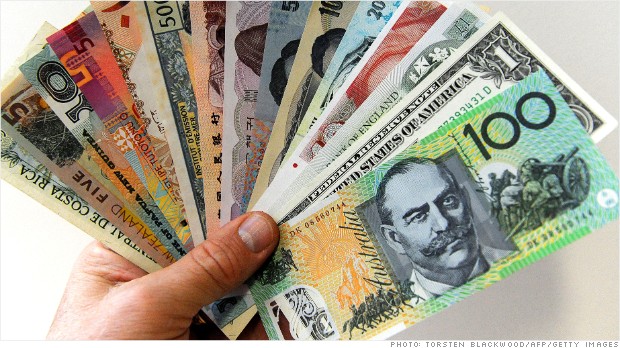AFP - A top Chinese banker said Beijing is "fully prepared" for a currency war as he urged the world to abide by a consensus reached by the G20 to avert confrontation, state media reported on Saturday.
Yi Gang, deputy governor of China's central bank, issued the call after G20 finance ministers last month moved to calm fears of a looming war on the currency markets at a meeting in Moscow.
Those fears have largely been fuelled by the recent steep decline in the Japanese yen, which critics have accused Tokyo of manipulating to give its manufacturers a competitive edge in key export markets over Asian rivals.
Yi said a currency war could be avoided if major countries observed the G20 consensus that monetary policy should primarily serve as a tool for domestic economy, the Xinhua report said.
But China "is fully prepared", he added.
"In terms of both monetary policies and other mechanism arrangement, China will take into full account the quantitative easing policies implemented by central banks of foreign countries."
South Korea's incoming president Park Geun-Hye has also signalled her willingness to step in to stabilise the won and protect exporters battling a stronger Korean currency and a weaker yen.



